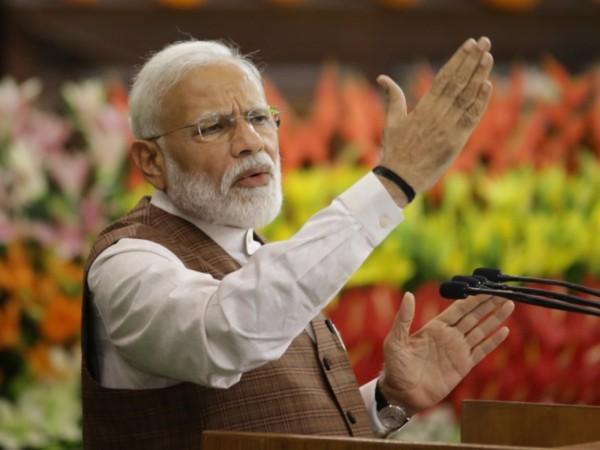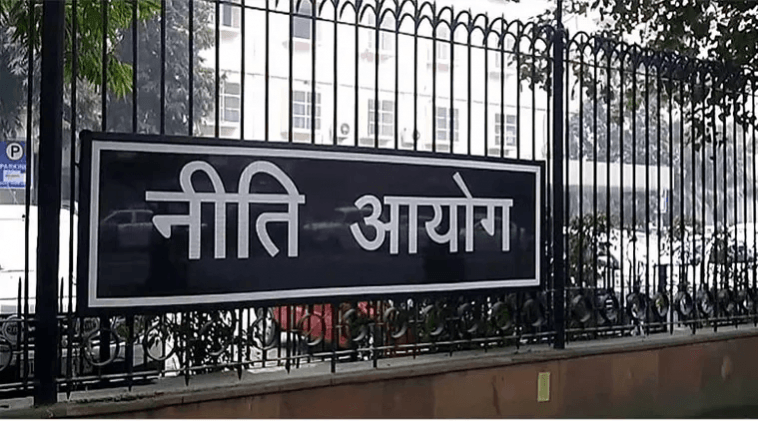
India's NITI Aayog Vice Chairman, Suman Beri, has recently indicated a strategic shift in the country's growth strategy. The upcoming budget, due to be released by Finance Minister Nirmala Sitharaman on July 23, is expected to reflect a greater emphasis on agriculture. This shift is significant as it suggests a move away from the traditional focus on infrastructure and the digital economy, towards a more balanced approach that includes agriculture.
Beri's comments were made during an interview with IANS, where he was asked about India's development goals for the next five years under Prime Minister Narendra Modi's current term. His response suggests a strategic shift in India's economic planning, moving away from the traditional focus on infrastructure and the digital economy, towards a more balanced approach that includes agriculture.
This shift is significant, as the agricultural sector was not a major part of the economic reforms of 1991. However, Beri believes that there is a lot of potential for this sector. He also mentioned that the Prime Minister believes in the potential of the startup culture, indicating a possible increase in support for agricultural startups in the future.

The upcoming budget has been described as a landmark budget by President Droupadi Murmu in her address to Parliament last month. This suggests that the budget may contain significant policy changes or allocations that could shape India's economic trajectory. While the specifics of these changes are yet to be unveiled, the anticipation suggests that major reforms or announcements are expected.
Beri also outlined some of the near-term priorities for India's economic development. He mentioned that the focus on capital investment will continue, and that India has made commitments to the UN Framework Convention on Climate Change about shifting its energy direction away from fossil fuels towards renewable energy. This indicates a commitment to sustainable development and a recognition of the role of environmental sustainability in economic growth.
The emphasis on agriculture in India's growth strategy comes at a time when other countries are also recognizing the importance of this sector. For instance, President Nana Addo Dankwa Akufo-Addo of Ghana recently unveiled a comprehensive programme backed by substantial funding to support small and medium-sized enterprises (SMEs), which are pivotal to the nation's economic prosperity. This programme seeks to address challenges faced by SMEs through targeted financing solutions and technical assistance.

In the context of India, the focus on agriculture could be seen as a strategic move to leverage the country's vast agricultural resources and workforce. Agriculture has traditionally been a major part of India's economy, providing livelihoods for a large portion of the population. By giving more attention to this sector, India could potentially unlock significant economic growth and development.
However, this shift in focus also comes with challenges. The agricultural sector in India faces numerous issues, including outdated farming practices, lack of access to modern technology, and vulnerability to climate change. Addressing these issues will require significant investment and policy reforms.
The upcoming budget in India is expected to reflect a shift in the country's growth strategy, with more emphasis on agriculture. This could potentially unlock significant economic growth and development, but it also comes with challenges that need to be addressed. The anticipation surrounding the budget suggests that it could contain significant policy changes or allocations that could shape India's economic trajectory. As India strives to become the third-largest economy by the end of this decade, the role of agriculture in its growth strategy will be crucial. The country's ability to successfully navigate these challenges and capitalize on the opportunities presented by this shift in focus will be a key determinant of its future economic success.














